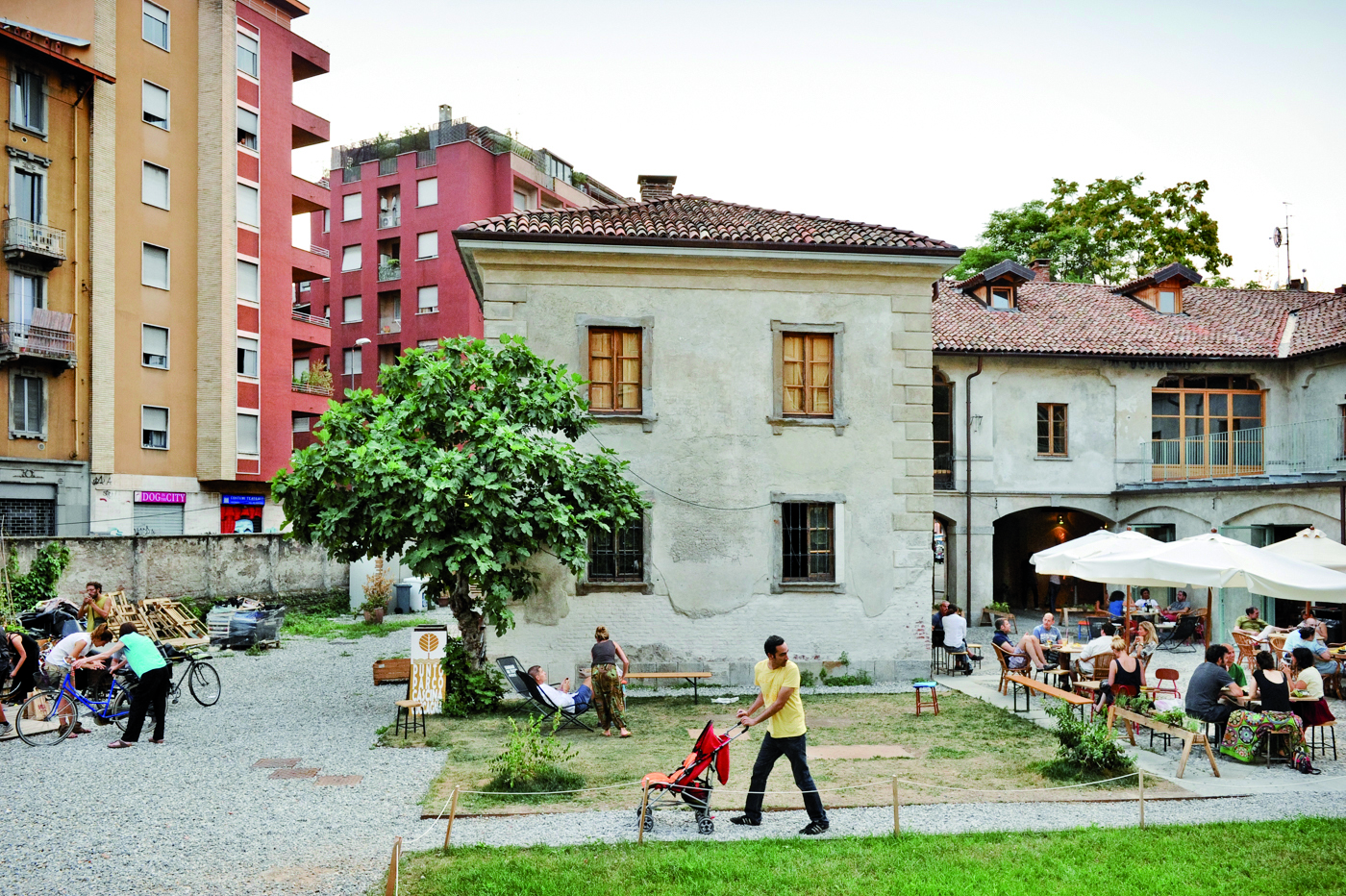
Established in 1912, Acri is the organisation representing Foundations of banking origin and Savings Banks. It is an apolitical, non-profit and voluntary organization.
Acri represents 83 Foundations of banking origin and 11 Saving banks.
From 2000 to 2025, Foundations associated to Acri have disbursed around 30 billion euros through more than 400 thousand initiatives and invested significant resources to pursue the mission objectives indicated by law: social utility and the promotion of economic development. The resources used to carry out the projects of the Foundations are drawn from the profits generated by the investments of their assets, which overall amount to around 40 billion euros.

Foundations of banking origin intervene in different fields from welfare to art and culture, from innovation to sustainability, from primary education to scientific research.
Each Foundation operates in its own territory, generally the province or region in which it is based. However, there are also many national and international initiatives, carried out under the coordination of Acri. Among the major joint projects, there are:
- Fondo per il contrasto della povertà educativa, which is the largest active intervention in Italy to respond to the phenomenon of child poverty;
- Fondo Repubblica Digitale, to tackle digital inequality
- Fondazione Con il Sud, to promote the activation of social cohesion paths and good networking practices to encourage the development of the regions of the Southern italian regions;
- The vast social housing plan, which Foundations are carrying out throughout Italy together with Cassa Depositi e Prestiti.
Moreover, Acri’s members have launched many other joint projects in different fields as Art and Culture, Environment, Innovation and Research and International Cooperation.







